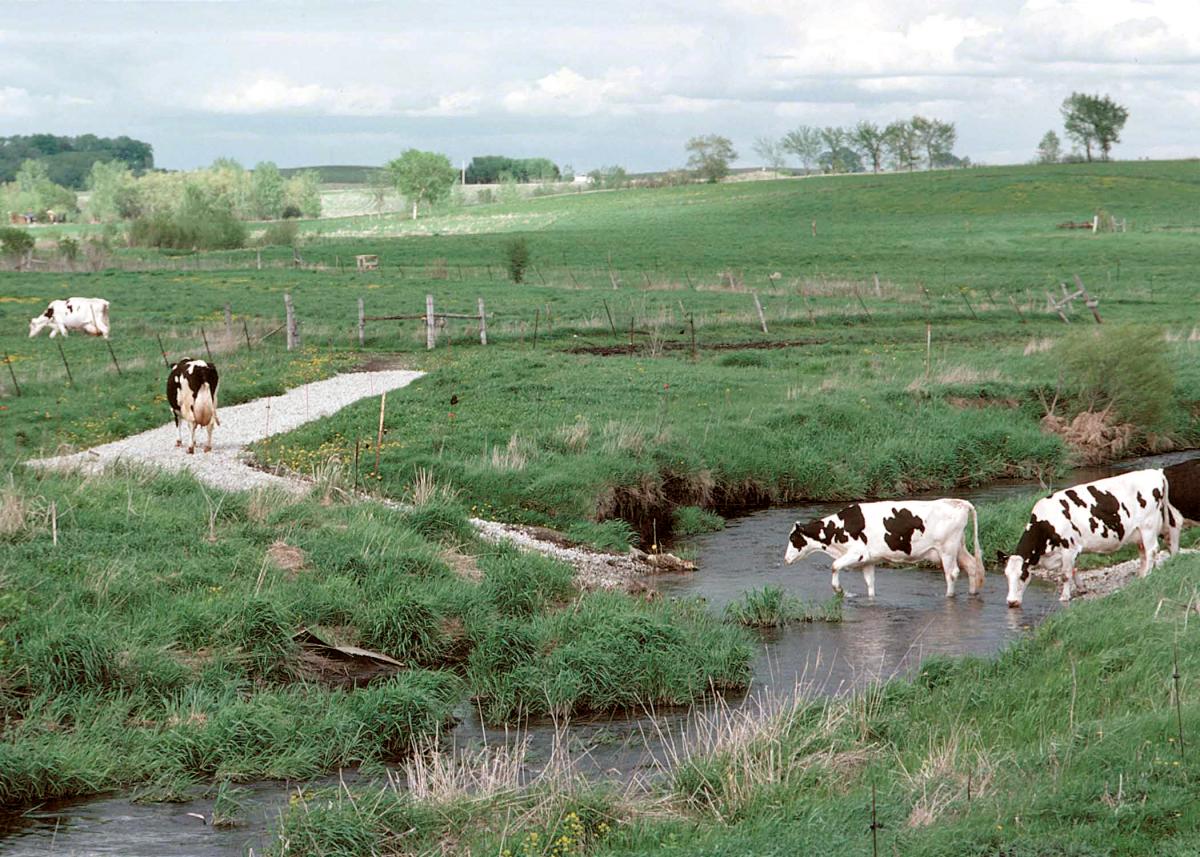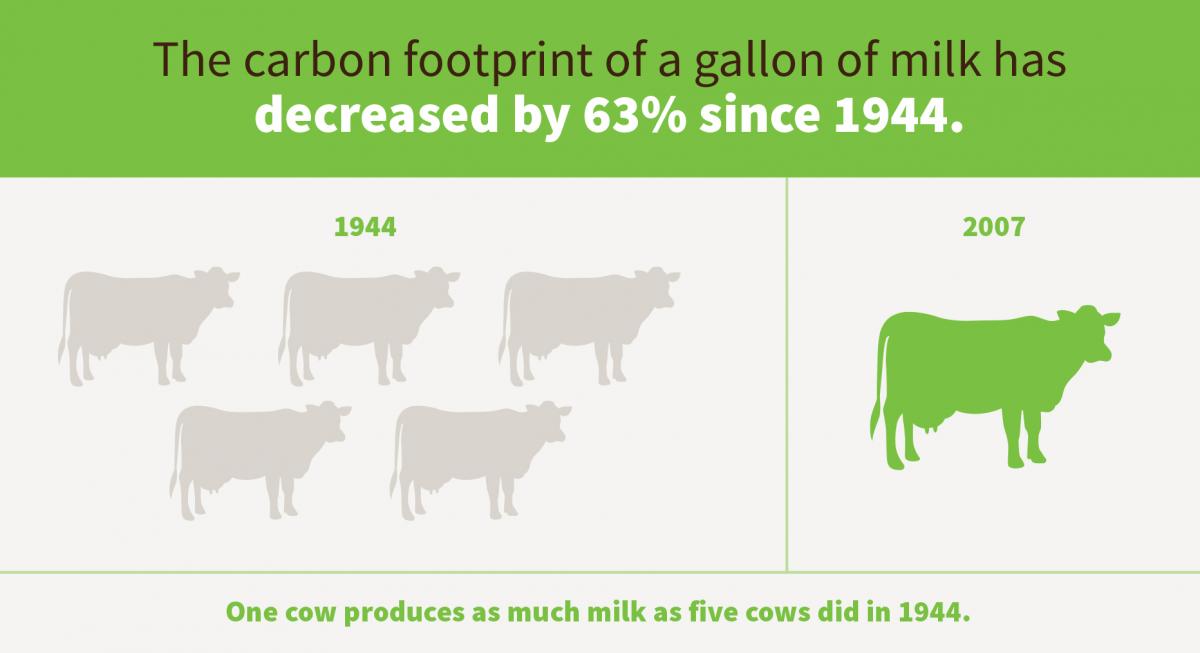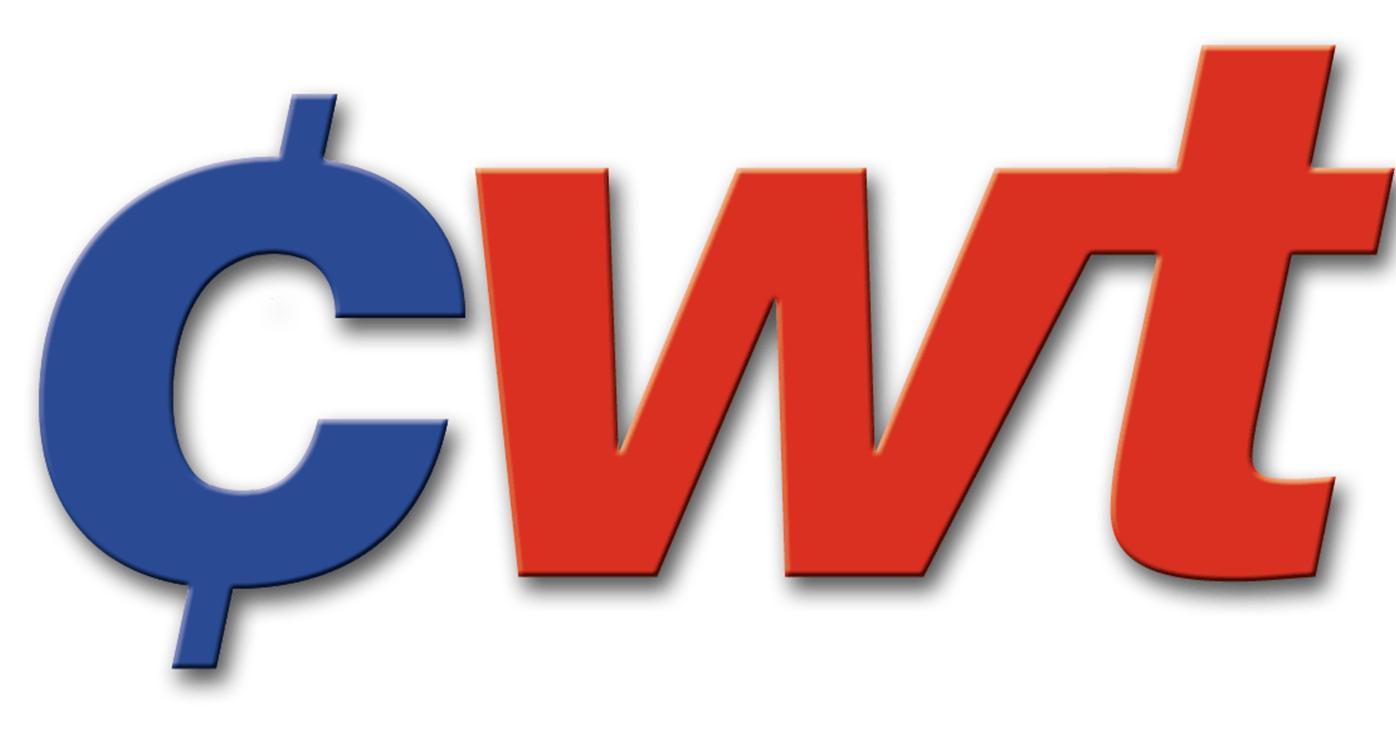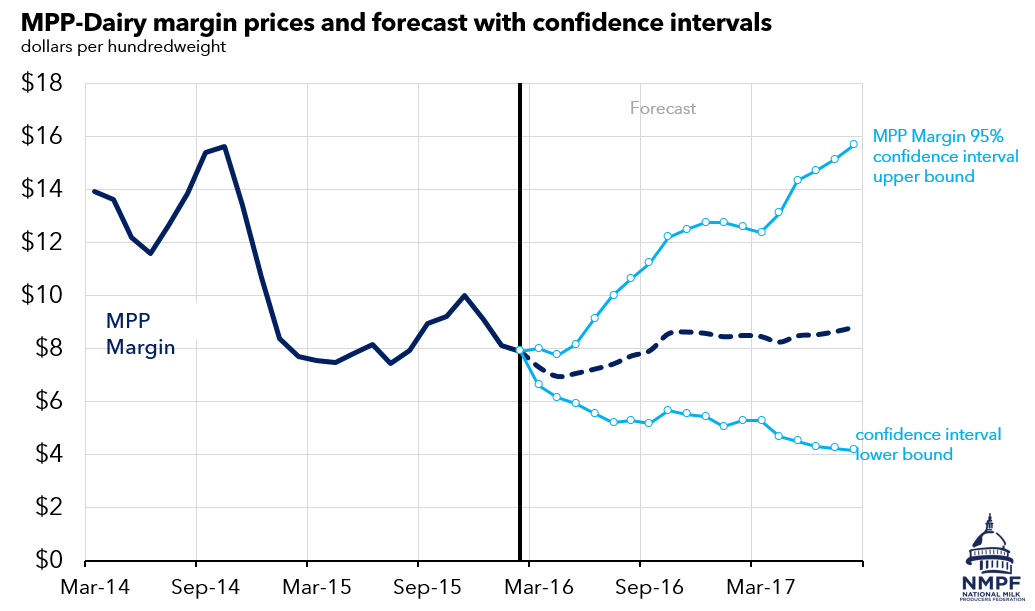NMPF is supporting new bipartisan legislation introduced in the House of Representatives that would exempt dairy farms and other livestock producers from being subject to the Resource Conversation and Recovery Act (RCRA), which governs the safe disposal of solid waste.
The RCRA measure was enacted more than 40 years ago to regulate solid wastes in landfills, but more recently, the regulation has been used inappropriately to target agricultural sources of farm nutrients, particularly dairy farms in the Northwest – even when producers have demonstrated they are following approved plans for the proper use of manure.
Last week, Rep. Dan Newhouse (R-WA) introduced the Farm Regulatory Certainty Act (H.R. 848), which clarifies the that RCRA law was never intended to regulate agricultural operations such as dairy farms. It would also protect farmers from citizen suits if they are undergoing efforts to comply with federal requirements. Newhouse was joined by 29 other House members in co-sponsoring the bill, and NMPF is working with him to develop broader support for the measure in Congress. An identical measure is expected to be introduced in the Senate in the next few weeks.
"Dairy farmers need certainty regarding the application of environmental policies and regulations to their operations," said Jim Mulhern, president and CEO of NMPF. "RCRA was not intended to govern farms, and we are working with Congress on advancing this legislation to make that point crystal clear to state and federal regulators."
Mulhern noted that NMPF supports the use of safe and efficient environmental practices – such as anaerobic digesters and nutrient recovery – to help dairy operations remain stewards of a healthy ecosystem.

 The controversial Waters of the U.S. (WOTUS) rule will remain in legal limbo for the foreseeable future, as the U.S. Supreme Court determines which court has jurisdiction over the matter. On Jan. 13, the high court agreed to resolve a dispute over which federal court should hear challenges to the Environmental Protection Agency’s 2015 WOTUS rule, the implementation of which currently has been suspended by the U.S. Court of Appeals for the 6th Circuit.
The controversial Waters of the U.S. (WOTUS) rule will remain in legal limbo for the foreseeable future, as the U.S. Supreme Court determines which court has jurisdiction over the matter. On Jan. 13, the high court agreed to resolve a dispute over which federal court should hear challenges to the Environmental Protection Agency’s 2015 WOTUS rule, the implementation of which currently has been suspended by the U.S. Court of Appeals for the 6th Circuit. The Farmers Assuring Responsible Management (FARM) Environmental Stewardship Program is releasing educational materials for those interested in utilizing the new FARM Environmental Stewardship (ES) module, launching Feb. 13. FARM Environmental Stewardship is a voluntary tool that provides a comprehensive estimate of the greenhouse gas (GHG) emissions and energy use associated with dairy farming.
The Farmers Assuring Responsible Management (FARM) Environmental Stewardship Program is releasing educational materials for those interested in utilizing the new FARM Environmental Stewardship (ES) module, launching Feb. 13. FARM Environmental Stewardship is a voluntary tool that provides a comprehensive estimate of the greenhouse gas (GHG) emissions and energy use associated with dairy farming. Cooperatives Working Together members won 39 contracts to sell 4.42 million pounds of cheese and 1.32 million pounds of butter to customers in Asia, Central America, the Middle East, North Africa and Oceania in January 2017. The product will be shipped from January through April 2017.
Cooperatives Working Together members won 39 contracts to sell 4.42 million pounds of cheese and 1.32 million pounds of butter to customers in Asia, Central America, the Middle East, North Africa and Oceania in January 2017. The product will be shipped from January through April 2017. NMPF pushed back against a proposal last month from the National Academies of Science (NAS) to reduce the amount of dairy foods offered through the federal assistance WIC program. In criticizing the recommendation, NMPF noted that dairy – an irreplaceable source of nutrition for Americans – is already widely under-consumed among WIC recipients.
NMPF pushed back against a proposal last month from the National Academies of Science (NAS) to reduce the amount of dairy foods offered through the federal assistance WIC program. In criticizing the recommendation, NMPF noted that dairy – an irreplaceable source of nutrition for Americans – is already widely under-consumed among WIC recipients.
 Concerns about protectionist Canadian dairy policy reached new heights last month as NMPF led an expanding coalition of companies and organizations sounding the alarm about Canada’s violations of its dairy trade commitments. At issue is the imminent national implementation of a Canadian dairy pricing program that started last year in Ontario, intended to unfairly subsidize Canadian dairy products both within and outside of Canada.
Concerns about protectionist Canadian dairy policy reached new heights last month as NMPF led an expanding coalition of companies and organizations sounding the alarm about Canada’s violations of its dairy trade commitments. At issue is the imminent national implementation of a Canadian dairy pricing program that started last year in Ontario, intended to unfairly subsidize Canadian dairy products both within and outside of Canada. National Milk continues to reiterate to Congress and the White House the critical importance of maintaining export markets for America’s dairy farmers, even as the pivotal role of the United States in global trade began to shift last month as a result of actions by the Trump Administration.
National Milk continues to reiterate to Congress and the White House the critical importance of maintaining export markets for America’s dairy farmers, even as the pivotal role of the United States in global trade began to shift last month as a result of actions by the Trump Administration. National Milk’s efforts to spur enforcement of milk labeling standards took a major leap forward last month with the introduction of companion bills in the Senate and House that would direct the Food and Drug Administration (FDA) to police the misuse of dairy-specific terms.
National Milk’s efforts to spur enforcement of milk labeling standards took a major leap forward last month with the introduction of companion bills in the Senate and House that would direct the Food and Drug Administration (FDA) to police the misuse of dairy-specific terms.



